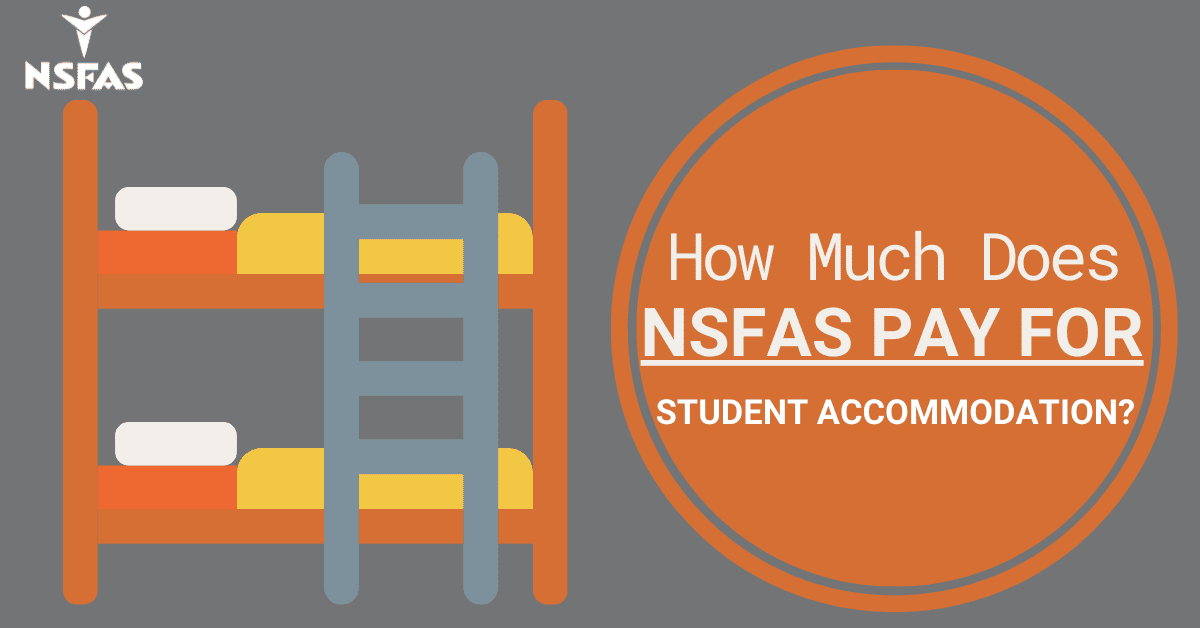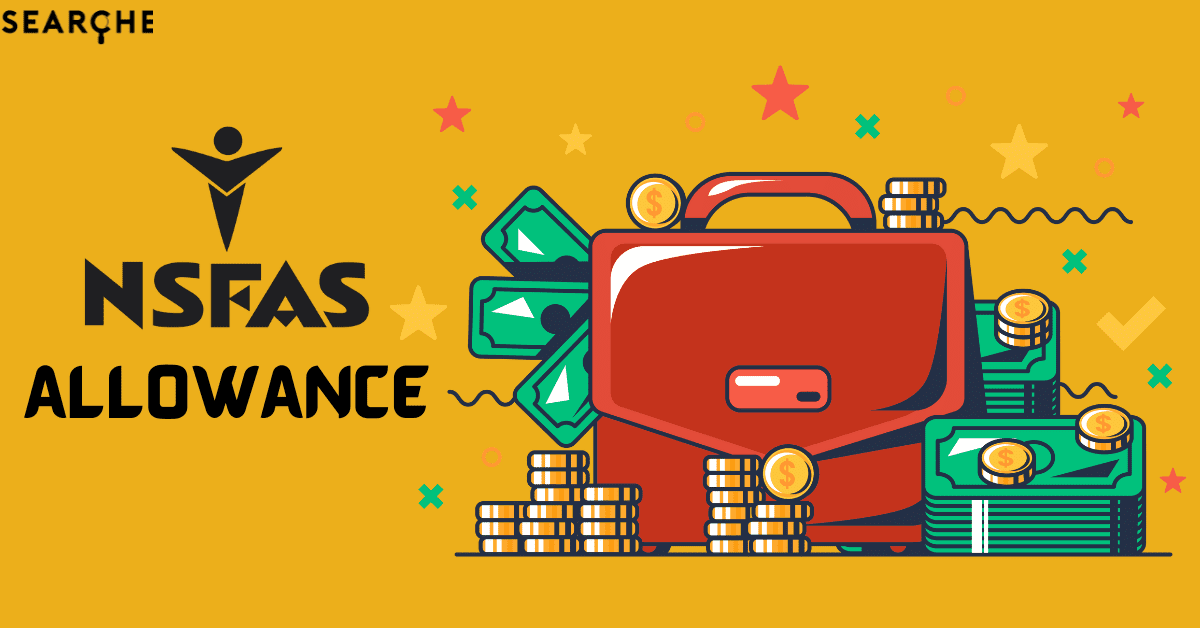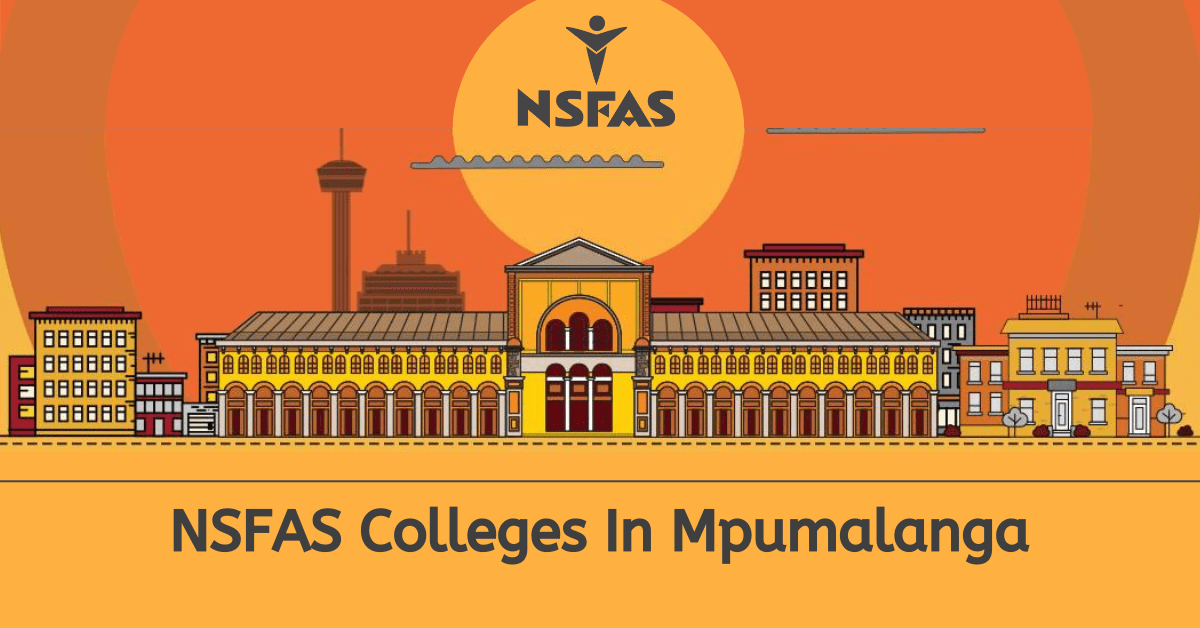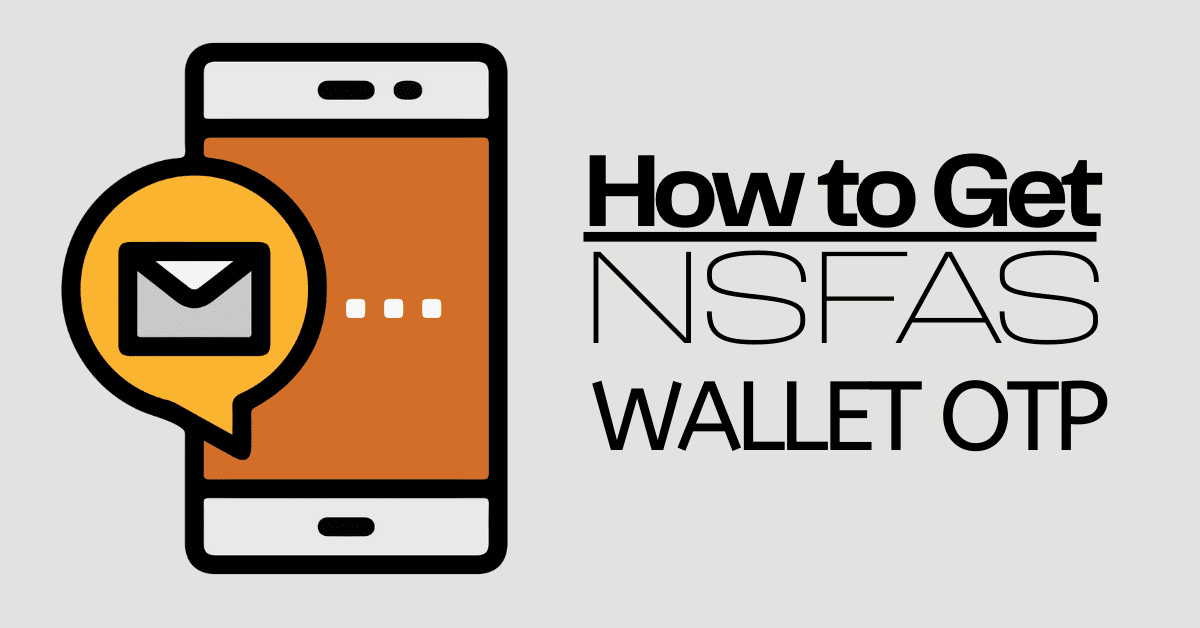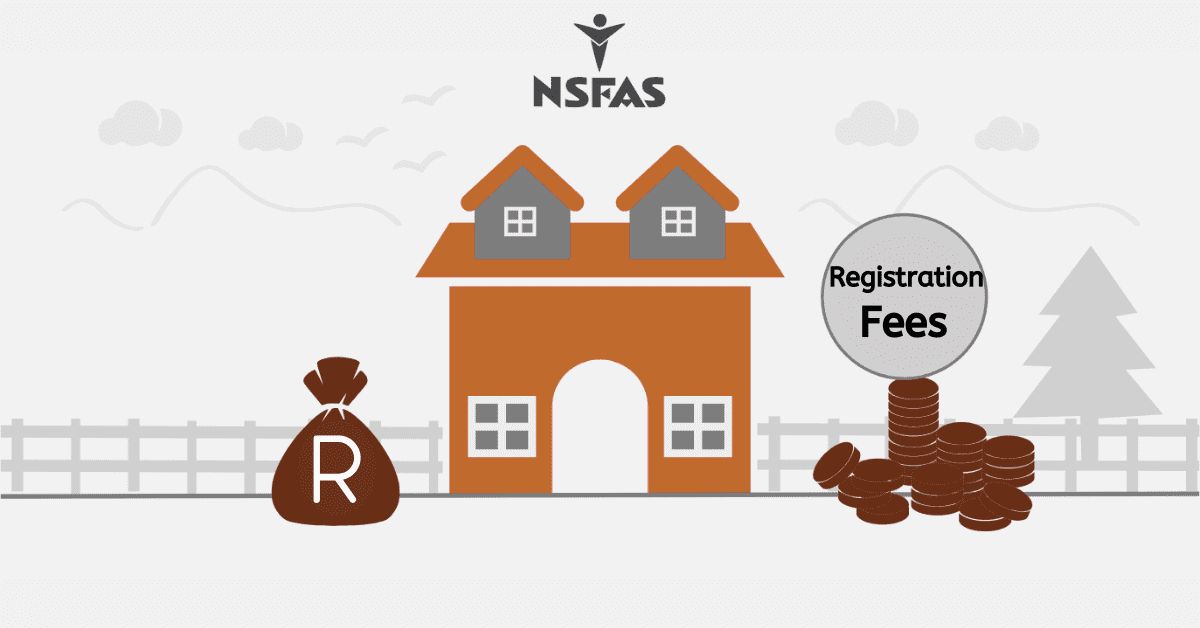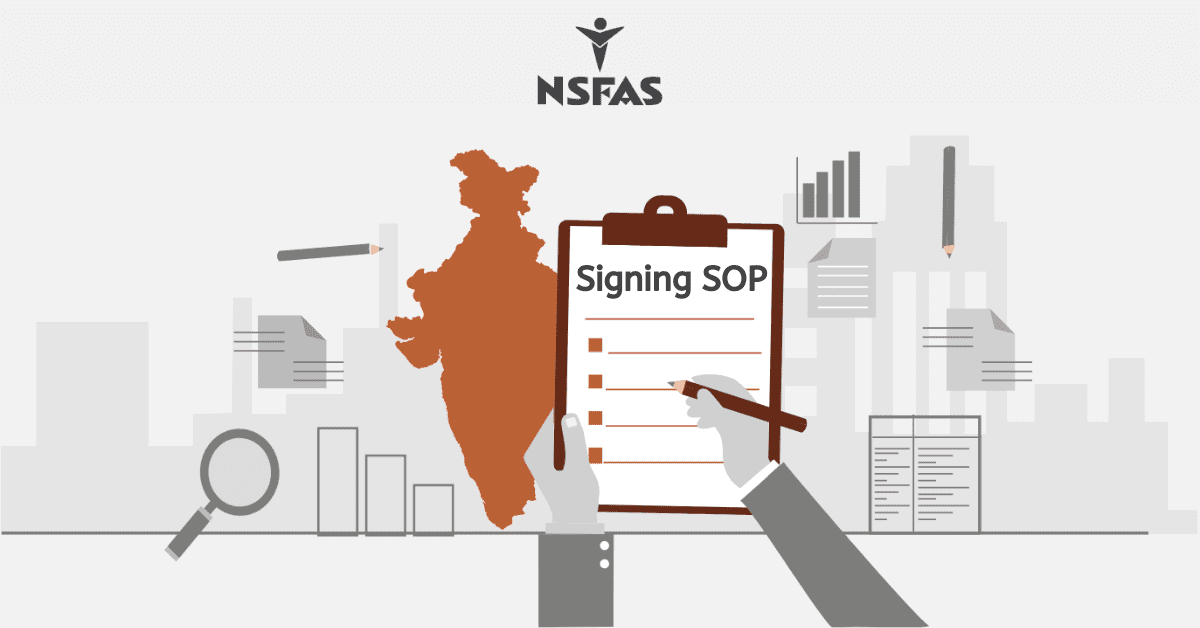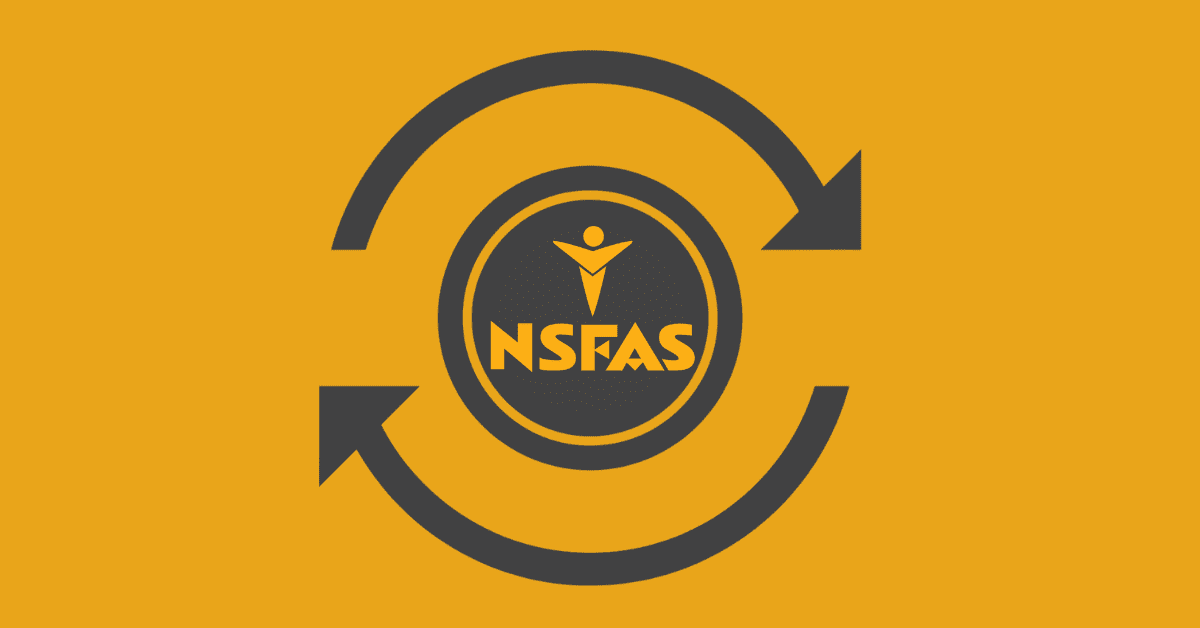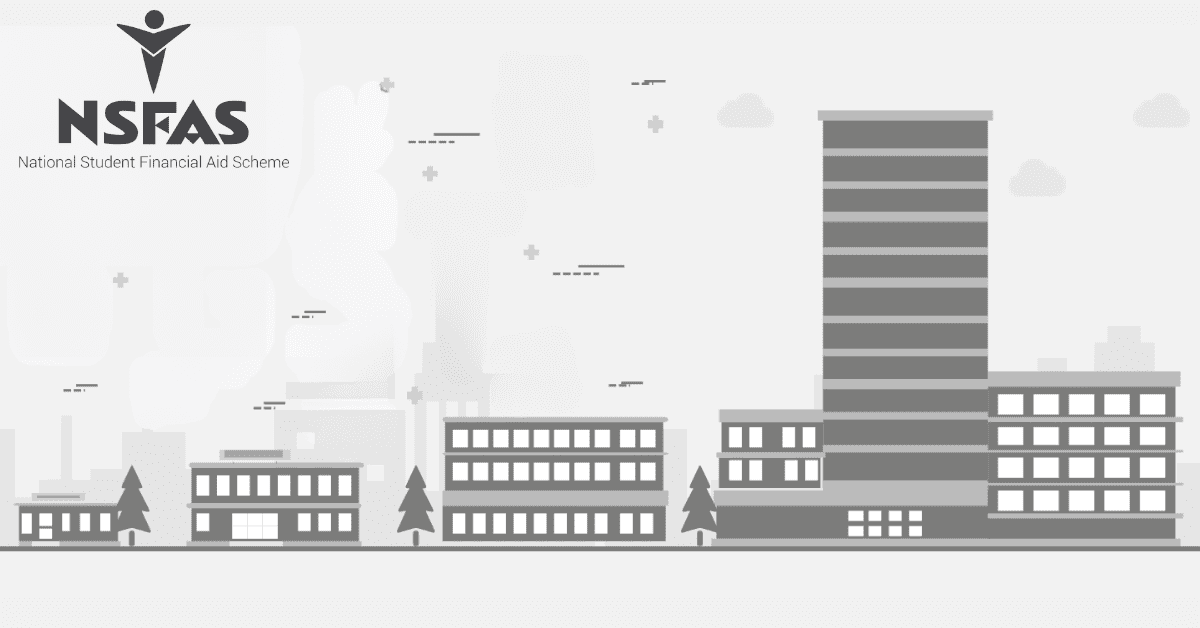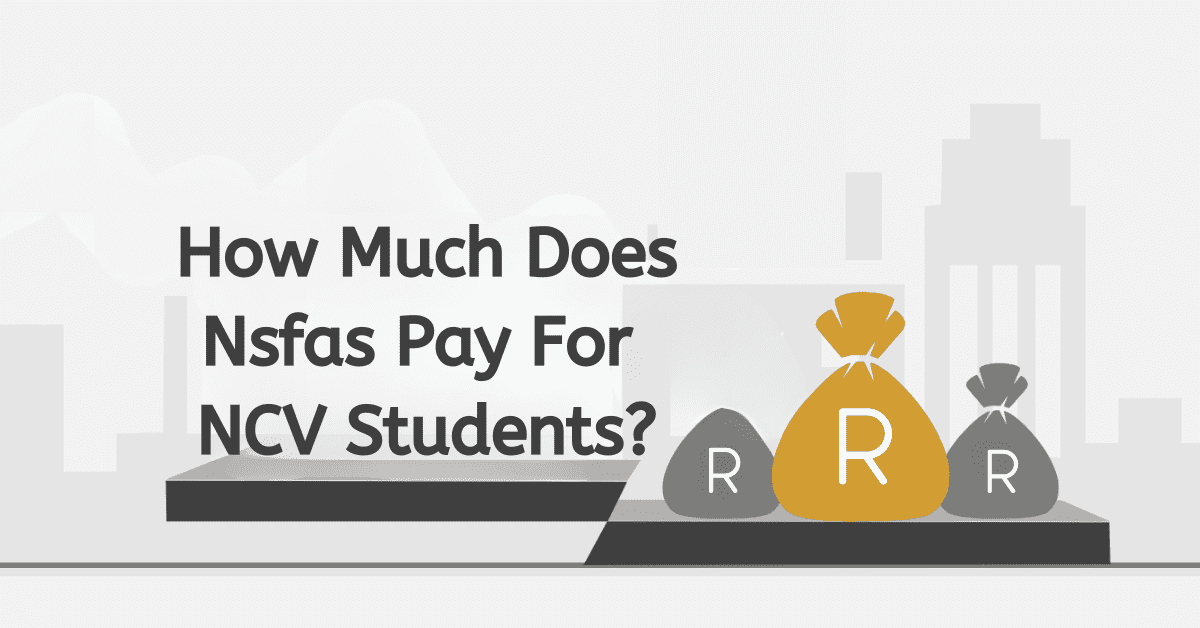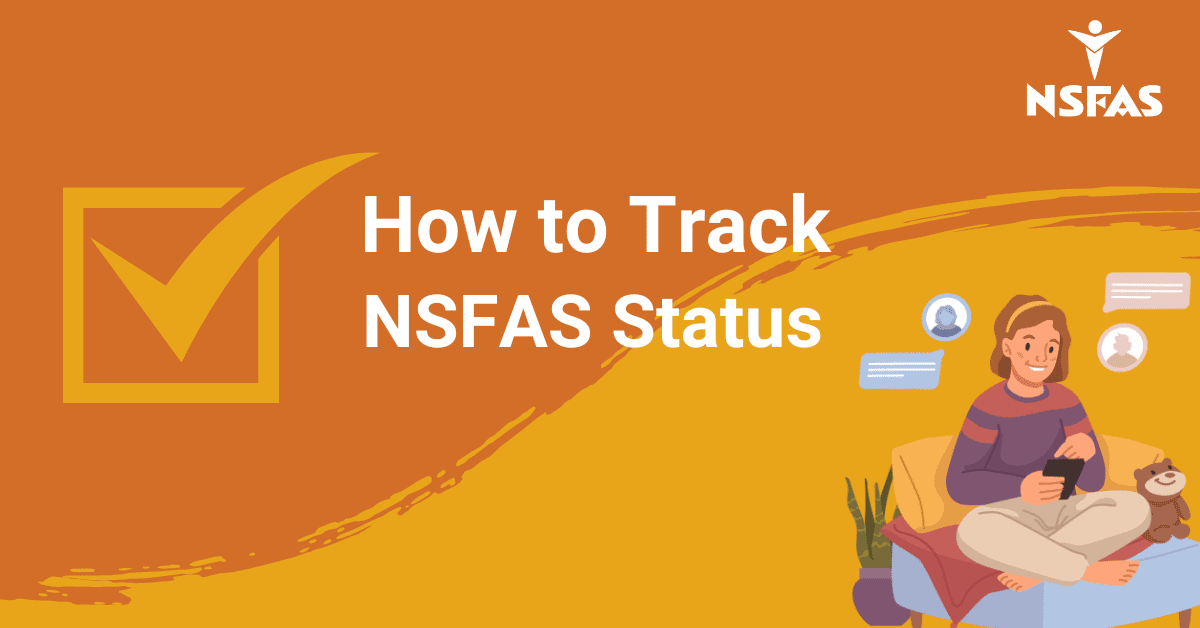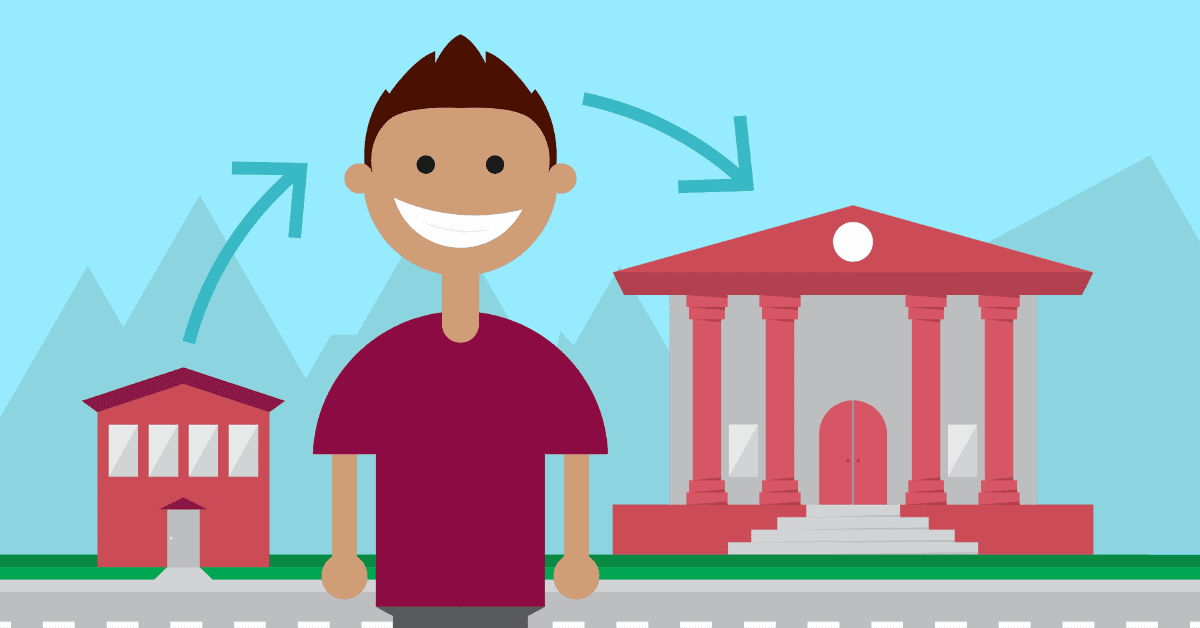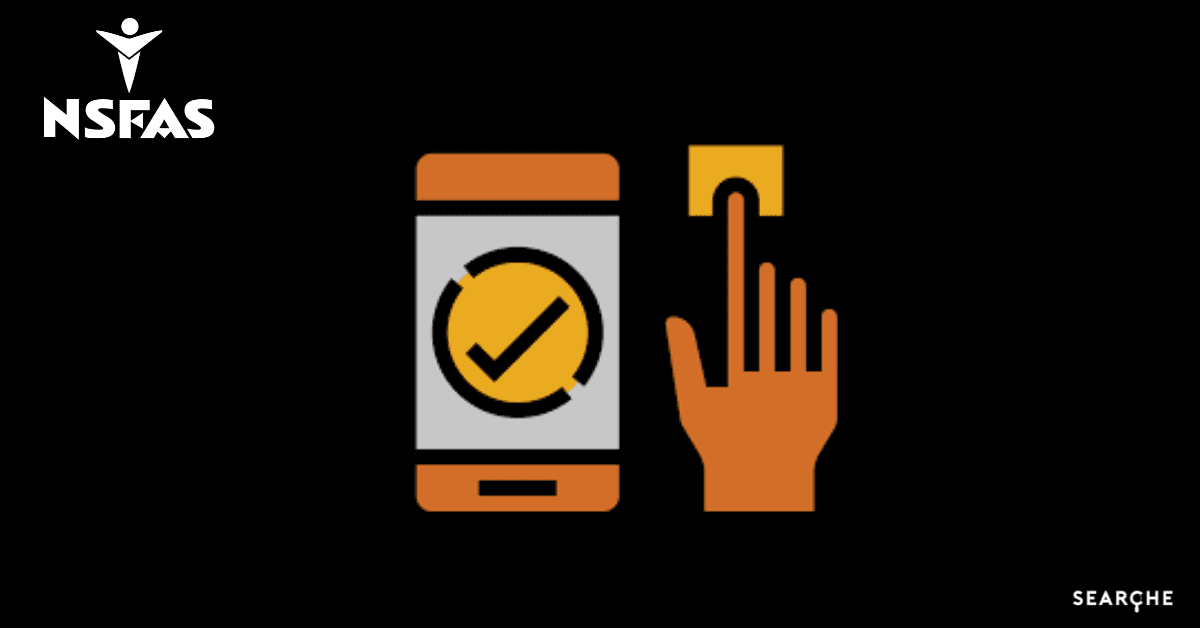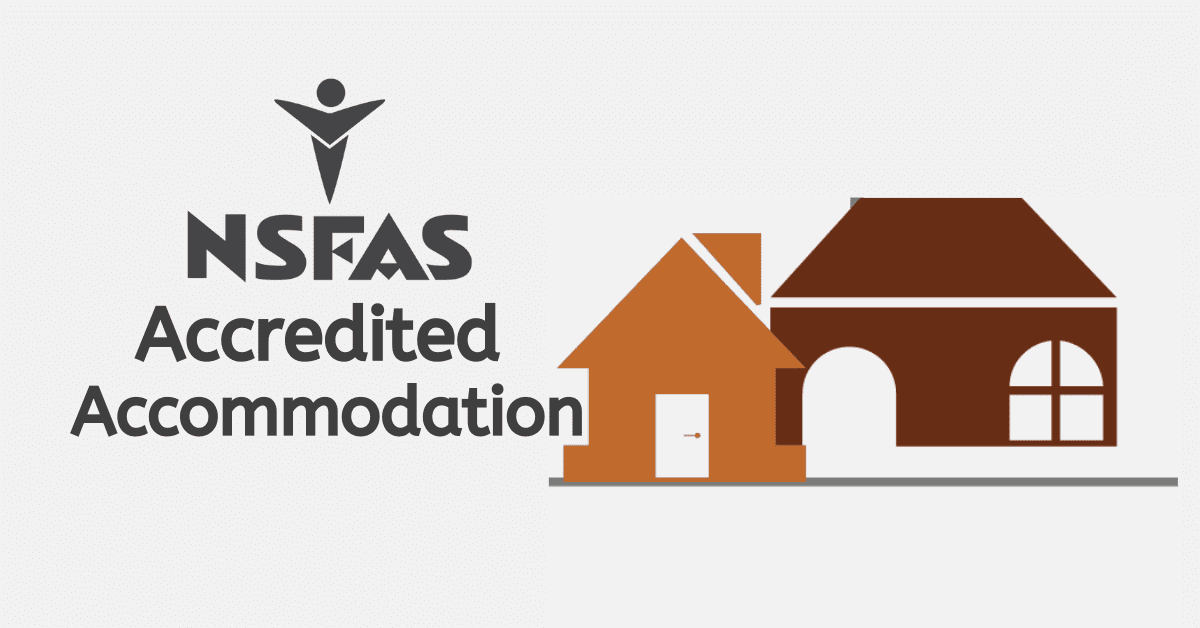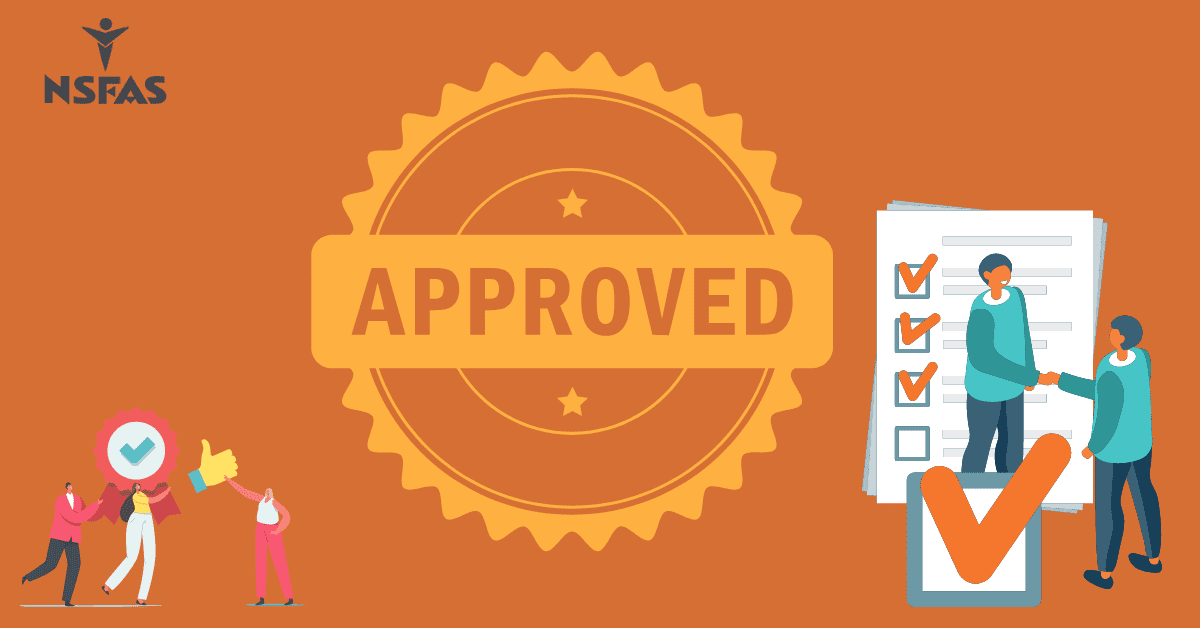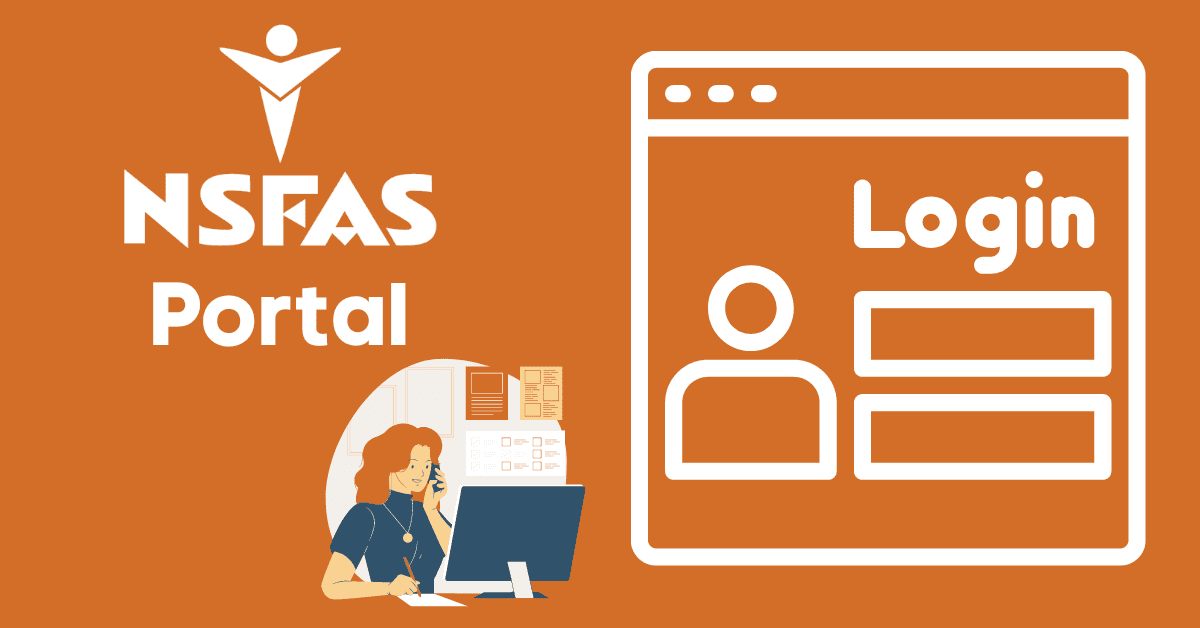Starting university or college can be a daunting experience, with emotions often running high. What you don’t want is extra worries about paying for your studies, accommodation, books, and food.
So, you’ve done your research, found the university or college you want to attend, applied with the National Student Financial Aid Scheme (NSFAS), and finally got the go-ahead to start your higher education journey.
Here’s what you need to know about the NSFAS Allowance payments.
As a student approved for the NSFAS bursary, you will receive registration fees, tuition fees, and a number of other allowances.
On which date does the NSFAS pay the allowances?
NSFAS allowances are paid monthly. In the 2025 cycle, these are generally paid out in the first week of every month for 10 months. Just a note, the payment of allowances is not simultaneous for all students, so don’t get alarmed if your friend gets their allowance earlier than you.
The 2025 Cycle dates for payments are as follows:
First Semester
Cycle 1 – All Campuses, Monday 28 February 2025
Cycle 2 – All Campuses, Monday 7 March 2025
Cycle 3 – All Campuses, Monday 4 April 2025
Cycle 4 – All Campuses, Monday 3 May 2025
Cycle 5 – All Campuses, Monday 6 June 2025
Second Semester
Cycle 6 – All Campuses, Monday 18 July 2025
Cycle 7 – All Campuses, Monday 1 August 2025
Cycle 8 – All Campuses, Monday 5 September 2025
Cycle 9 – All Campuses, Monday 3 October 2025
Cycle 10 – All Campuses, Monday 7 November 2025
How much is NSFAS 2025 allowance?
The amount differs slightly between college and university; let’s take a look.
TVET College Allowances:
- Accommodation in an urban area is R24 000 per year or R2 400 per month
- Accommodation in a peri-urban area is R18 900 per year or R1 892 per month.
- Accommodation in a rural area is R15 750 per year or R1 575 per month.
- R7,350 per year or R735 per month for transportation (up to 40 kilometers from the institution).
- Transport: R7000 per year or R700 per month.
- Personal care allowance: R2 900 per year or R290 per month.
University Allowances:
- Accommodation: As per the actual costs charged by the university (costs for private accommodation must not exceed costs for university residence).
- Transport (up to 40 km from the institution): R7 500 per year or R750 per month.
- Living allowance: R15 000 per year or R1 500 per month.
- Book allowances: R5 200 per year.
- Personal care allowance: R2900 per year or R290 per month for students in catered residences.
Unisa Allowance:
- Small expense allowance of R2900 per year for students who are registered for ten modules or more.
- Learning material allowance of R600 per module for the first four modules (or once-off R5200 for five to ten modules).
Is NSFAS Allowances Increasing In 2025?
Although there have been some messages going around about the NSFAS increasing the allowances
Can NSFAS Pay Some Students More Allowances?
The allowance differs depending on which tertiary institution you attend, as each institution has different registration fees. The distance you travel each day from your accommodation can influence your travel allowance, and your accommodation fees might differ; therefore, student allowances do differ.
How is my accommodation paid?
As long as your landlord is accredited with NSFAS as a partner to offer private accommodation, he will be paid directly, so you won’t have to draw cash to pay your rent. Check if your accommodation is accredited by visiting your university or TVET website.
The institution’s websites list the NSFAS-accredited accommodation available on campus or nearby. A landlord who is not accredited can use the online application form to become a private accommodation with NSFAS.
How does the NSFAS pay the allowances?
Universities
The National Student Financial Aid Scheme (NSFAS) allocates funds to universities annually. The universities then distribute the allowances to all students whose funding has been approved.
Some universities rely on payment administrators such as Intellimali to process payments and allocate allowances to eligible students, while others opt to allocate the funds to student bank accounts.
NSFAS Wallet – TVET only
If you are studying at a TVET institution, you will open a wallet with the NSFAS. Don’t forget that you need your own cell phone and a valid SIM card to register.
Once activated, your NSFAS wallet will allow you to withdraw cash or make a purchase by creating a NSFAS voucher and presenting it to any merchant registered by NSFAS. Checkers, Boxer, U-Save, and select Spar stores are the merchants used. Remember, these stores have a daily cash withdrawal limit of R200 – R1000 daily.
NSFAS MasterCard
I know, right feels like they don’t trust you. The Good news is that NSFAS is introducing its new direct payment solution for student allowances through the NSFAS MasterCard. The NSFAS is hoping this will give students greater control over their money.
Not all students will have access to the MasterCard. However, students will be contacted individually and moved onto the platform when it launches at the end of September 2025. Eventually, the MasterCard will replace the NSFAS wallet.
NSFAS MasterCard beneficiaries will get:
- Access to value-added services.
- Value for money-negotiated rates
- Banking freedom
- Make online transactions and purchases
- Perform EFT transactions
- Tap to Pay functionality.
- Plus, much more.
With all the NSFAS allowance information at your fingertips, let your journey begin. Remember Nelson Mandela’s wise words: “It always seems impossible until it’s done.”
